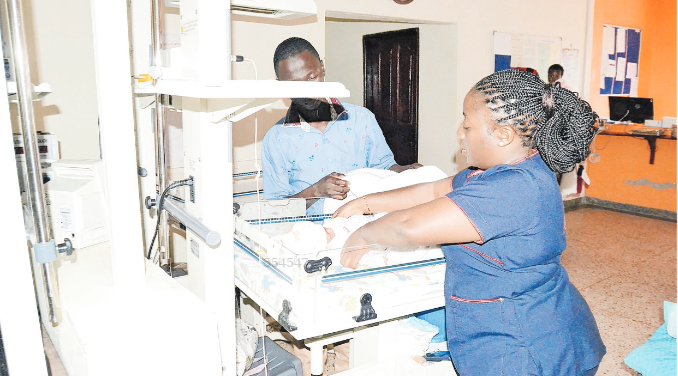Prime
Is constant assessment for liberal art subjects necessary?

Much as assessment is recommended world over, it is barely done when it comes to liberal arts subjects. FILE PHOTO
What you need to know:
Assessment of students is an important aspect in studying, through examination, marking books and tests, it is universally supported as a formidable tool for teachers to improve students’ outcomes, yet much as these assessments are continuous for science subjects and they are rare in the arts disciplines.
In a random inspection that Daniel Omwaya, an educationist working with PEAS Uganda an organisation that aims at promoting Equality in African Schools, carried out, he discovered that approximately 85 per cent of the student’s note books for liberal arts had never been marked by the teachers.
During the inspection, Omwaya and his team learnt that books for subjects like History, Christian Religious Education, Geography and Literature among others had never been marked or assessed.
He says that one of the reasons teachers gave for not carrying out regular assessment in these subjects was a fact that they had too much notes as compared to science subjects.
However, Omwaya believes that this is a sign of reluctance and neglect of duty on the side of the teachers whom he believes are doing students an injustice.
“When you keep teaching students without getting feedback from them or giving them a few questions about a topic that you have covered, how certain can you be that they are grasping what you have taught them?” he asks.
Feedback has been supported universally as a formidable tool for teachers to improve students’ outcomes, it helps improve their performance. Learning Spy, one of Britain’s most influential education sites says reading and assessing student’s work is important, though, later in a post, Work Scrutiny – What is the Point of Marking Books?, author David Didau says that marking or even giving marks may not be as important.
Nelson Mukundane a science teacher at Bishop High School Mukono seems to partly agree, he says that feedback is an essential part of effective learning which helps students understand the subject being studied and gives them clear guidance on how to improve their learning.
In Mukundane’s process, teaching happens normally in class and a test around what has been taught is given with books later collected for his assessment.
“I always take time to mark my students; this helps me find out whether what I taught was understood by a bigger percentage of the class. If a big number fails, then I repeat the concept they understand well,” he explains.
Why should teachers carry out assessment?
Omwaya says through assessment, instructors can get information about their teaching and the student’s learning. He adds that this information provides a picture of a range of activities which draws on one’s judgment to determine the overall value of an outcome based on the assessment data.
Through this process, he says a teacher can grade and combatively assess students’ performances which will in turn help correct their mistakes to improve their level of performance.
Additionally, he says regular assessment can help to motivate students to work harder.
“When a teacher marks a student, both the teacher and the student will get feedback which is an integral part in the learning process. It is also important for students to notice that a teacher cares about their learning because this will motivate them to work harder,” he says.
How is this feedback supposed to be carried out?
Mukundane says feedback should be accurate and clear, he adds that it is important to remember that marking is not about noting your students’ efforts and attainment, but about moving their learning on.
“Feedback compares what a learner is doing right now with what he or she has done before, it is important for a teacher to get the right balance between support and challenge,” he adds.
He observes that feedback should be used sparingly so that it is meaningful; “feedback should provide specific guidance on how to improve and should not just tell students when they are wrong.”
He explains that the feedback should be supported with effective professional development for teachers.
According Emmanuel Kakuba a teacher at Nyakasura School, feedback needs to be specific and should be about challenging tasks or goals.
“Let students get feedback about complex situations and this should only be when they have failed to accomplish specific targets,” he says.
Kakuba says in order to achieve an outstanding judgment, there must be evidence that consistent high-quality marking and constructive feedback from teachers ensures that students make rapid gains.
Tips on assessing
Class Presentation: A presentation in class assesses a different aspect of spoken language. When you ask a student to speak in front of the class, he is able to prepare and practice what he wants to say.
An open ended question: To help students grasp ideas in class, ask open-ended questions that require students that get students writing/talking. They will undoubtedly reveal more than you would’ve thought to ask directly.
Hand signals: Hand signals can be used to rate or indicate students’ understanding of content. Students can show anywhere from five fingers to signal maximum understanding to one finger to signal minimal understanding.
Think- Pair- Share: Students take a few minutes to think about the question or prompt. Next, they pair with a designated partner to compare thoughts before sharing with the whole class.
Journal reflections: Students write their reflections on a lesson, such as what they learned, what caused them difficulty, strategies they found helpful, or other lesson-related topics.
Compiled from internet




